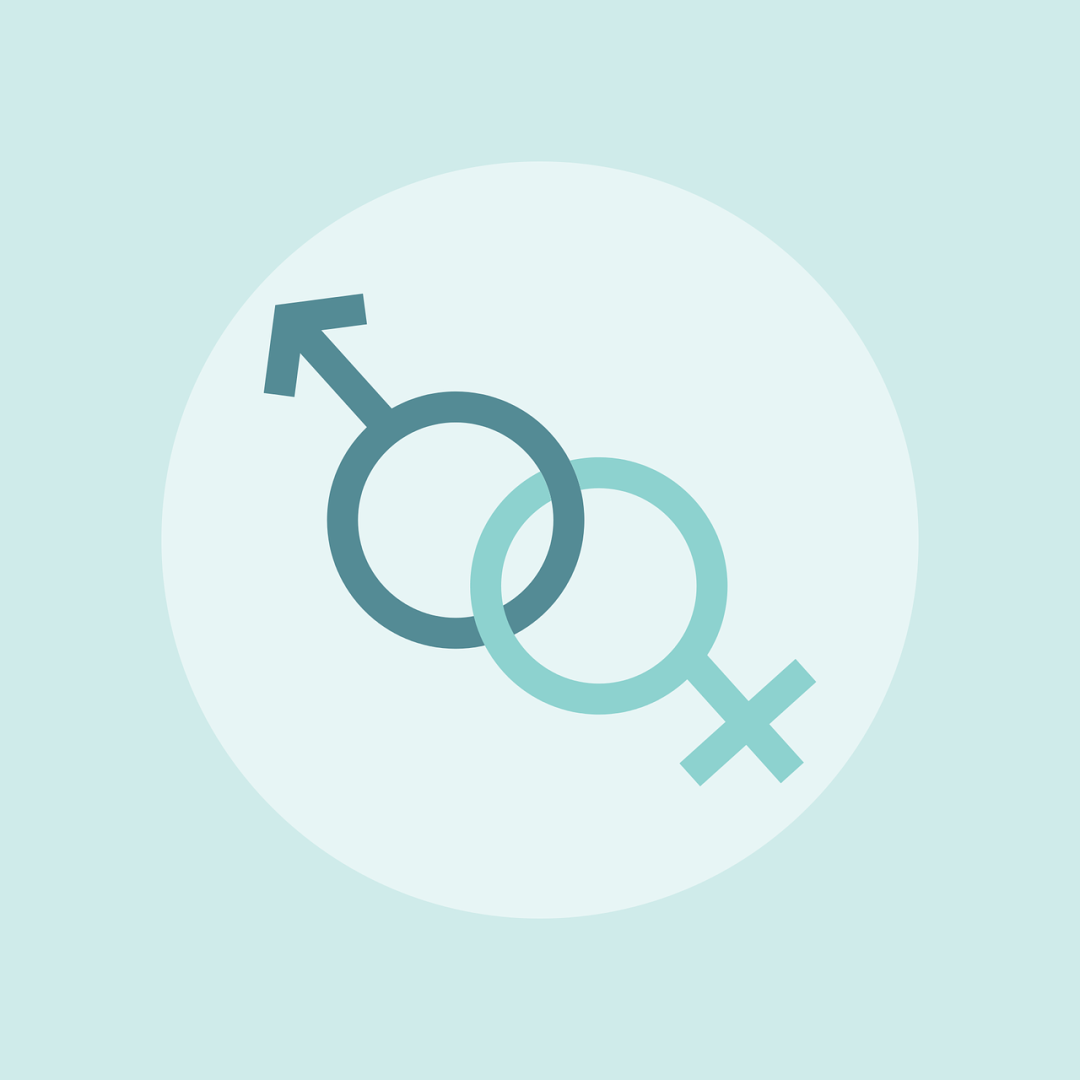
UNDP study on gender equality in Georgia

On 17 June, the United Nations Development Programme (UNDP) and the United Nations Population Fund (UNFPA) published their report on gender perceptions in Georgia. The data was collected by face-to-face interviews with a nationally representative sample of 2,408 citizens and during focus group discussions in five regions: Tbilisi, Kakheti, Imereti, Samegrelo-Zemo Svaneti and Guria.
The research was conducted during the year 2019 and drew comparisons from the results of the previous research which took place in 2013. The comparative study has found that traditional views of gender roles are becoming less common and that the understanding of gender equality has significantly changed since 2013, particularly among younger generations. According to the report, Georgian people are becoming “more gender-sensitive” with 63% of women and 54% of men recognizing that inequality persists, and that gender equality has not yet been achieved.
Going in-depth of the report, the distribution of household work in Georgia is still starkly segregated by gender, with women doing the cooking, cleaning and childcare tasks in overwhelming numbers. Three out of four respondents say that women always perform basic care duties. However, the proportion of both women and men who see caregiving tasks as the mother’s responsibility declined substantially, from 81% to 69% for men, and from 76% to 54% for women. While seven years ago 87% of men and 70% of women agreed that final decisions in households belonged to men, in 2019 this view was shared by 68% of men and only 34% of women.
The perception of women’s role in business was also changing. While in 2013, 58% of respondents said they thought men were better leaders in business than women, by 2019 this share had dropped to 39%. At the same time, the recognition of the challenges women face on the job market is substantial, as a staggering 85% of women and 58% of men agree that women have to overcome more obstacles than do men in their careers. Women cited their responsibilities in the household as the biggest barrier to greater engagement in economic activity and public life.
In the field of politics, the report concluded that despite the general support for women’s greater involvement in politics, half of all respondents believed that men make better political leaders. In 2013, 61% of respondents believed men were better political leaders than women, this proportion has reduced to 49% of all respondents in 2019, “due to a shift in the beliefs of women respondents.” In particular, in 2013, 56% of women and 69% of men believed men were better political leaders than women, in comparison to 37% of women and 62% of men in 2019, respectively.
In the meantime, , homophobic attitudes continue to persist both among men and women in Georgia with a large majority of men (over 80%) holding “deeply homophobic views” on having a homosexual child (83%) and homosexual friend (81%) compared to 74% and 54% among women, respectively.
However, attitudes toward persons with disabilities are far more accepting with over a quarter of men and women saying they would not be able to have a partner with a disability, and only 13% of women and 15% of men reporting they would be embarrassed to have a child with disabilities.
“Attitudes are changing and it is heartening to see the progress that Georgia has made over a fairly short period,” said UNDP Head Louisa Vinton. “But equal rights for women are unfortunately still called into question, particularly by Georgian men,“ she said. “Georgian society is moving away from gender-biased views and attitudes towards achieving meaningful gender equality,” said Lela Akiashvilli, the Prime Minister’s Advisor for Human Rights and Gender Equality. “However, more consistent and specific policies are needed to accelerate that progress and support greater equality in public life as well as in the distribution of household work,“ she concluded.
See Also


Mirzoyan Meets US Deputy Assistant Secretary Joshua Huck

Azerbaijani President Holds Talks with UAE and German Business Delegations on Economic Cooperation

Grigoryan Confirms Armenia’s Readiness to Dissolve OSCE Minsk Group Upon Peace Treaty Signing

Azerbaijani Official Warns of Ecological Risks to Caspian Sea, Similar to Lake Urmia and Aral Sea

